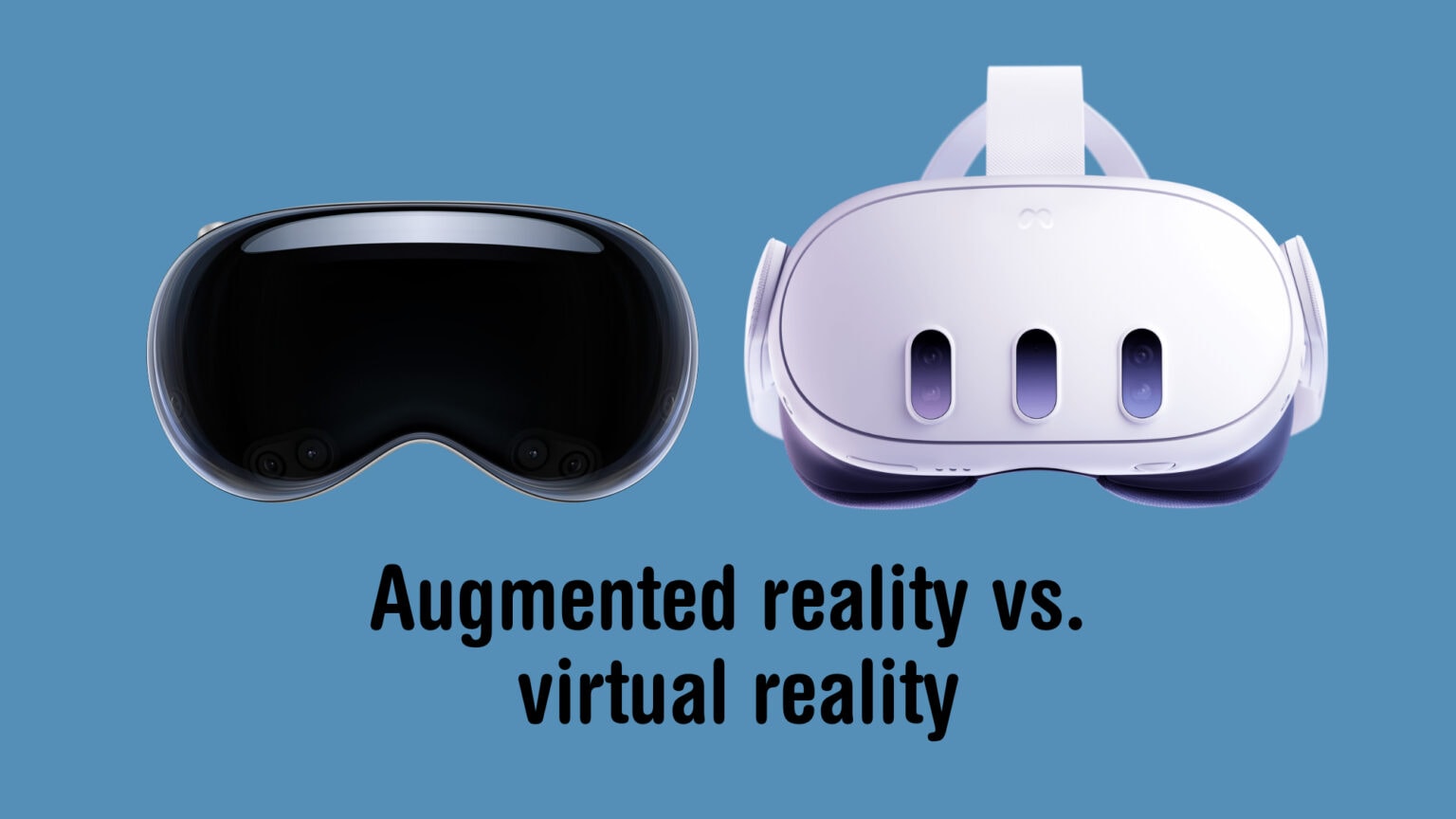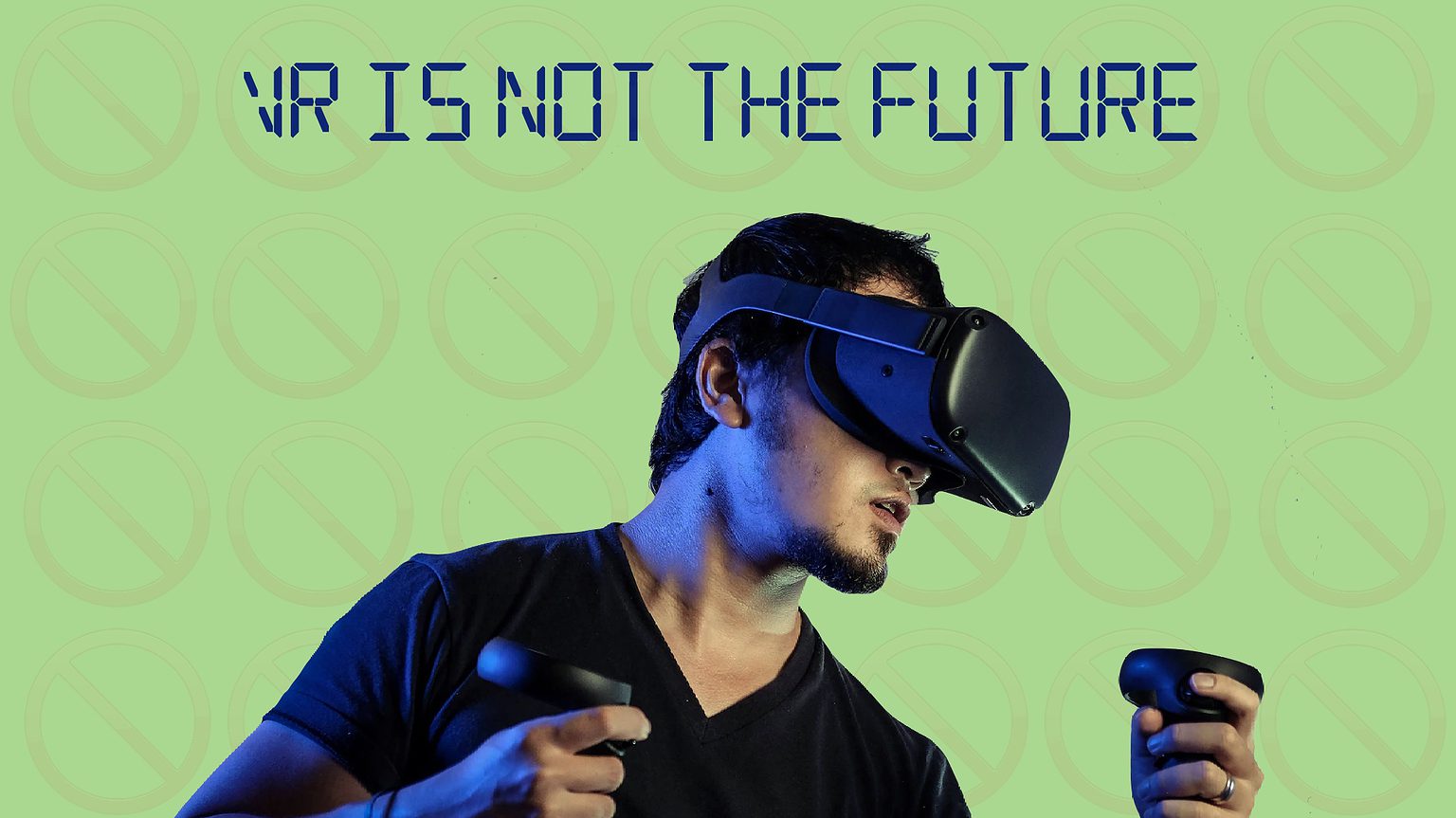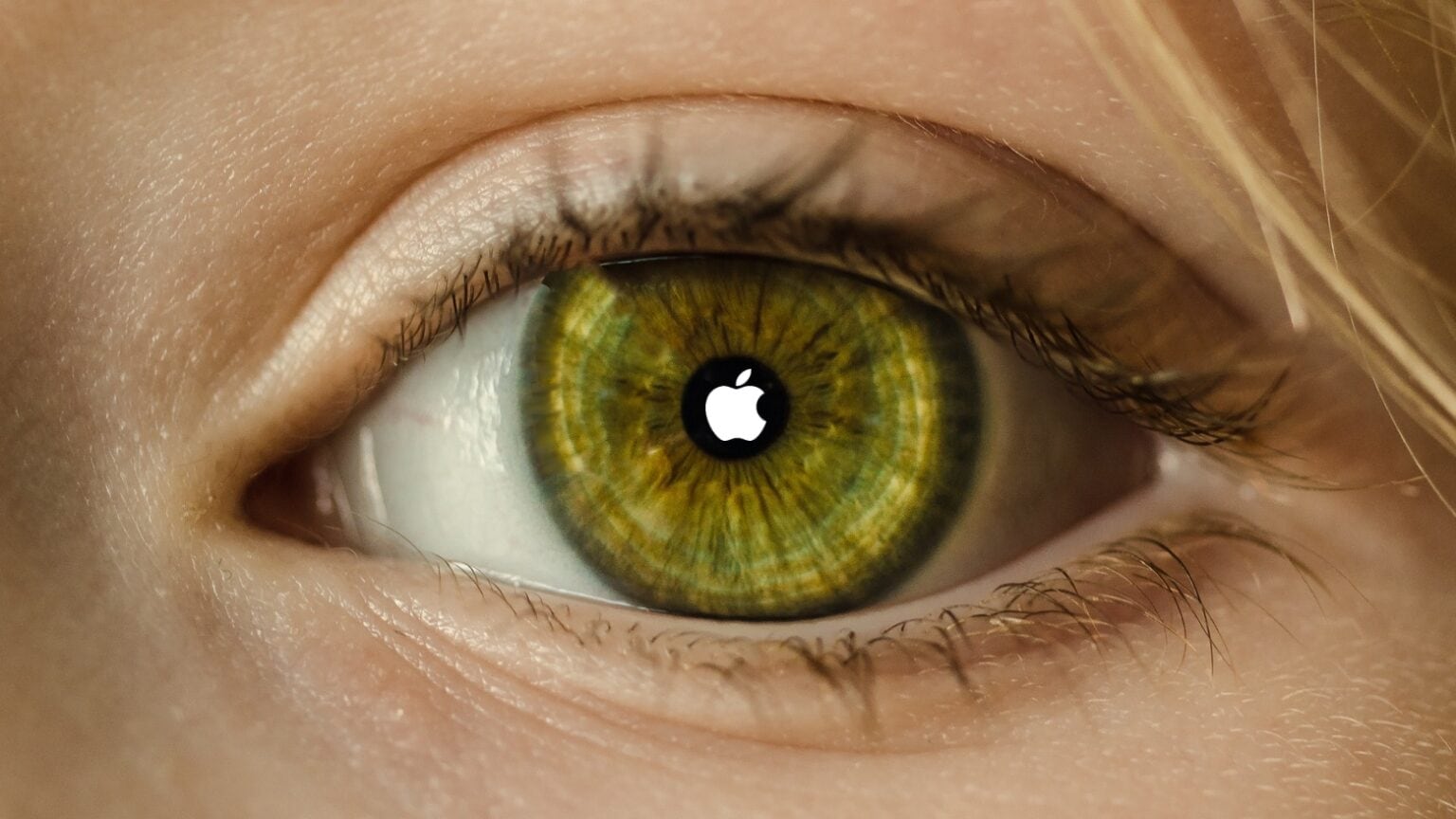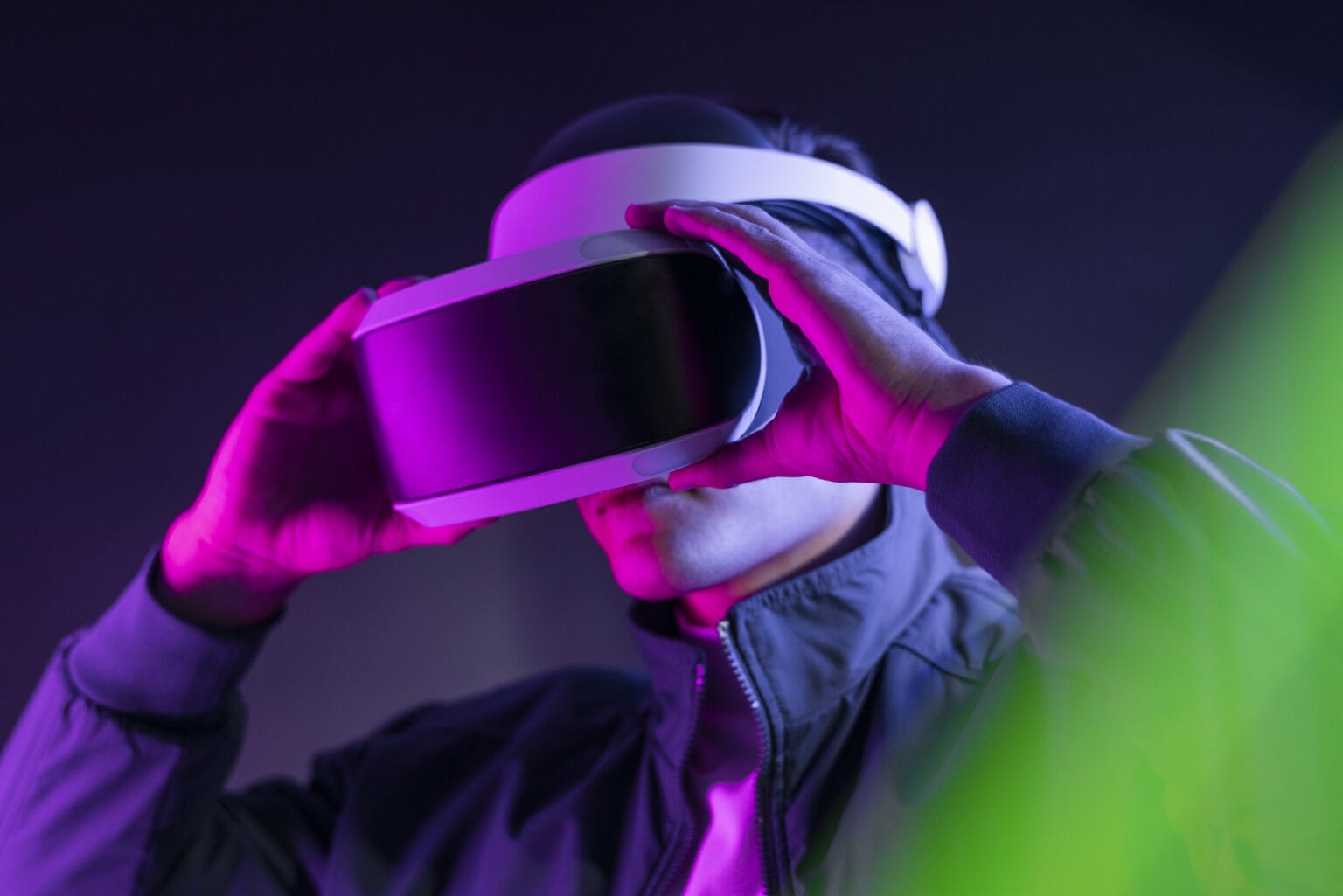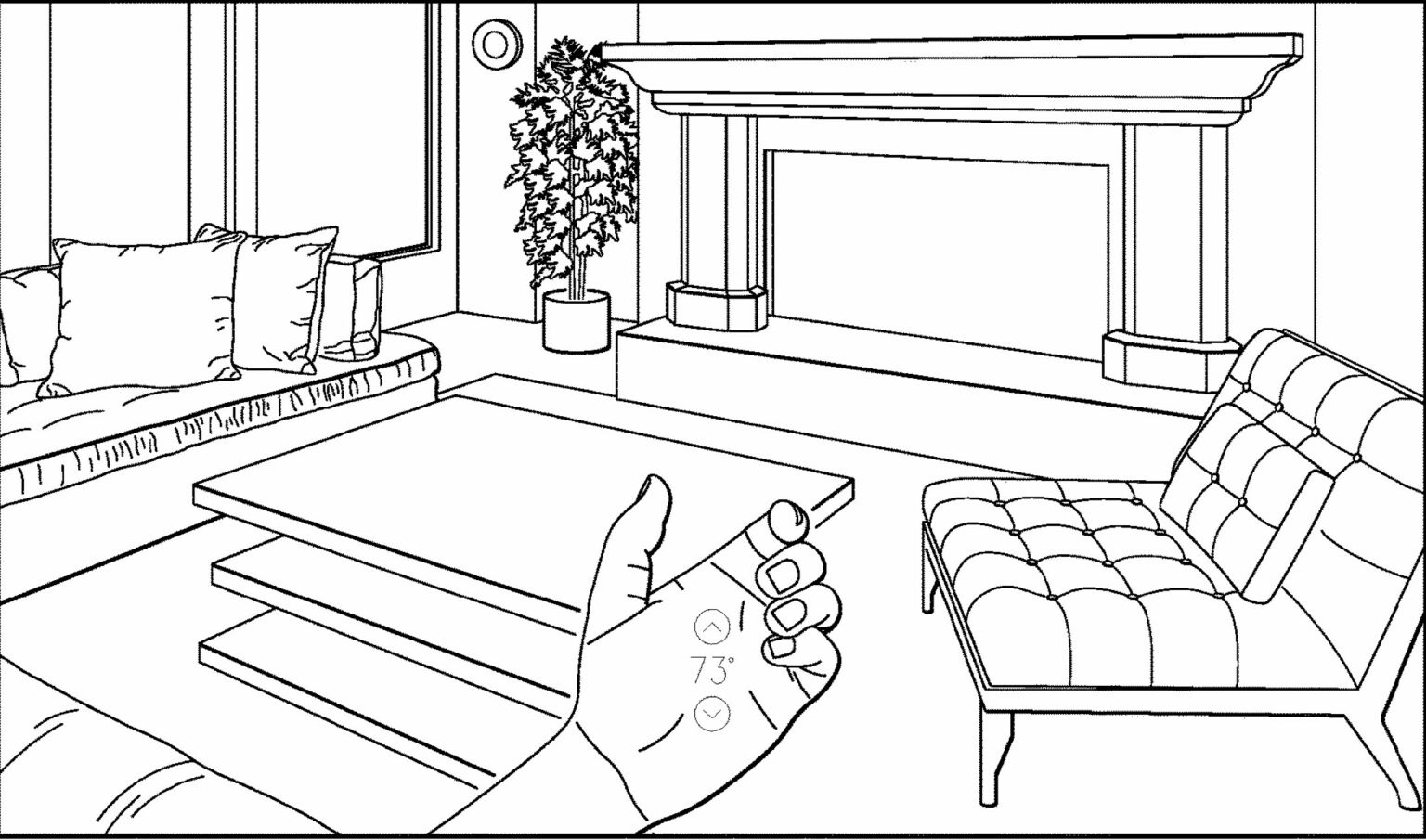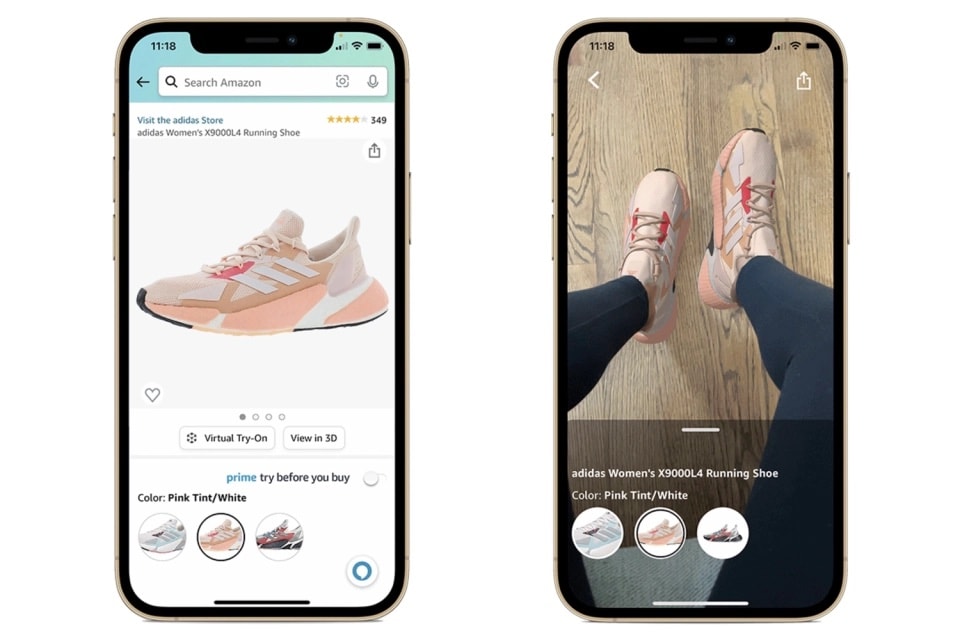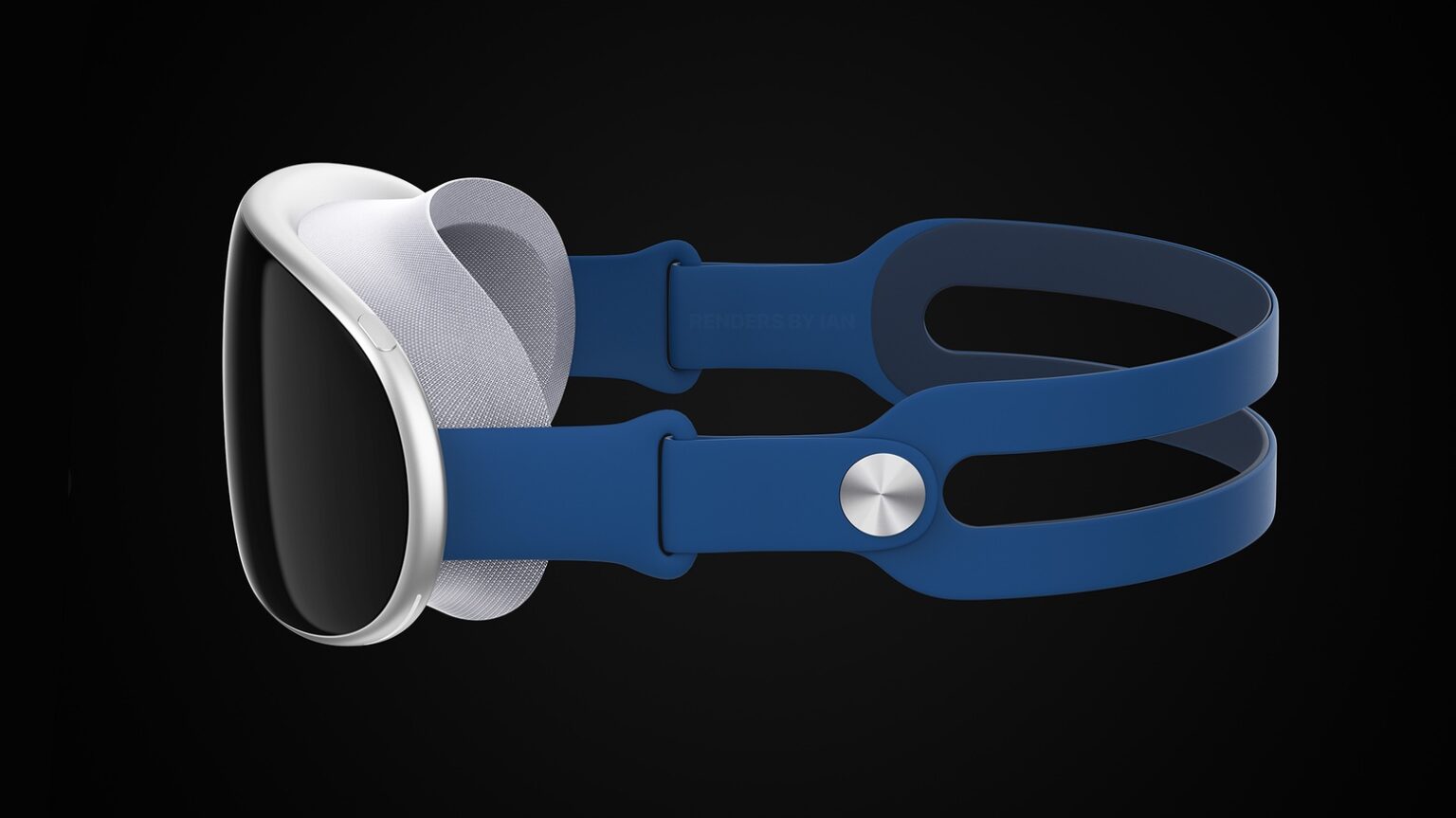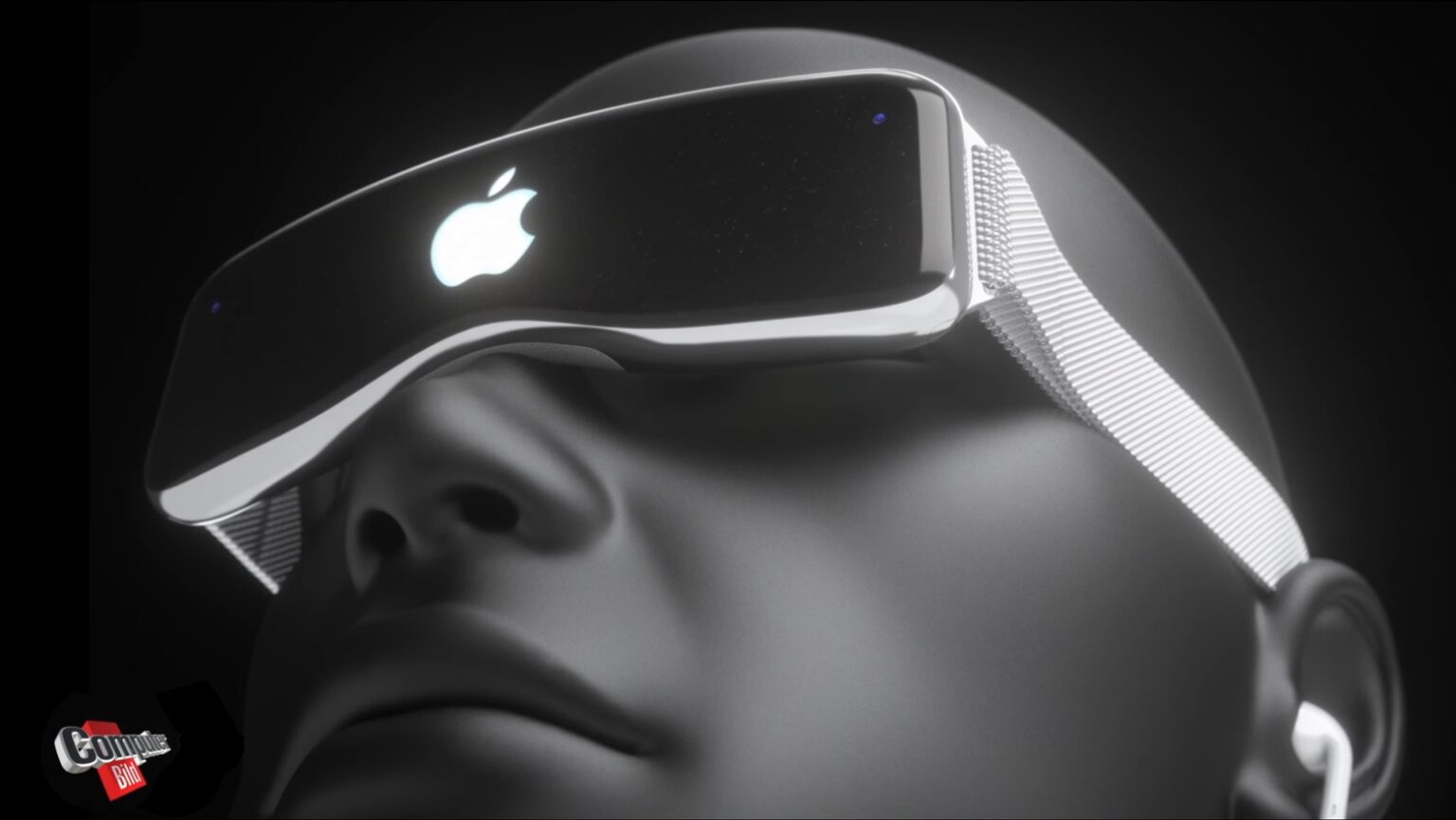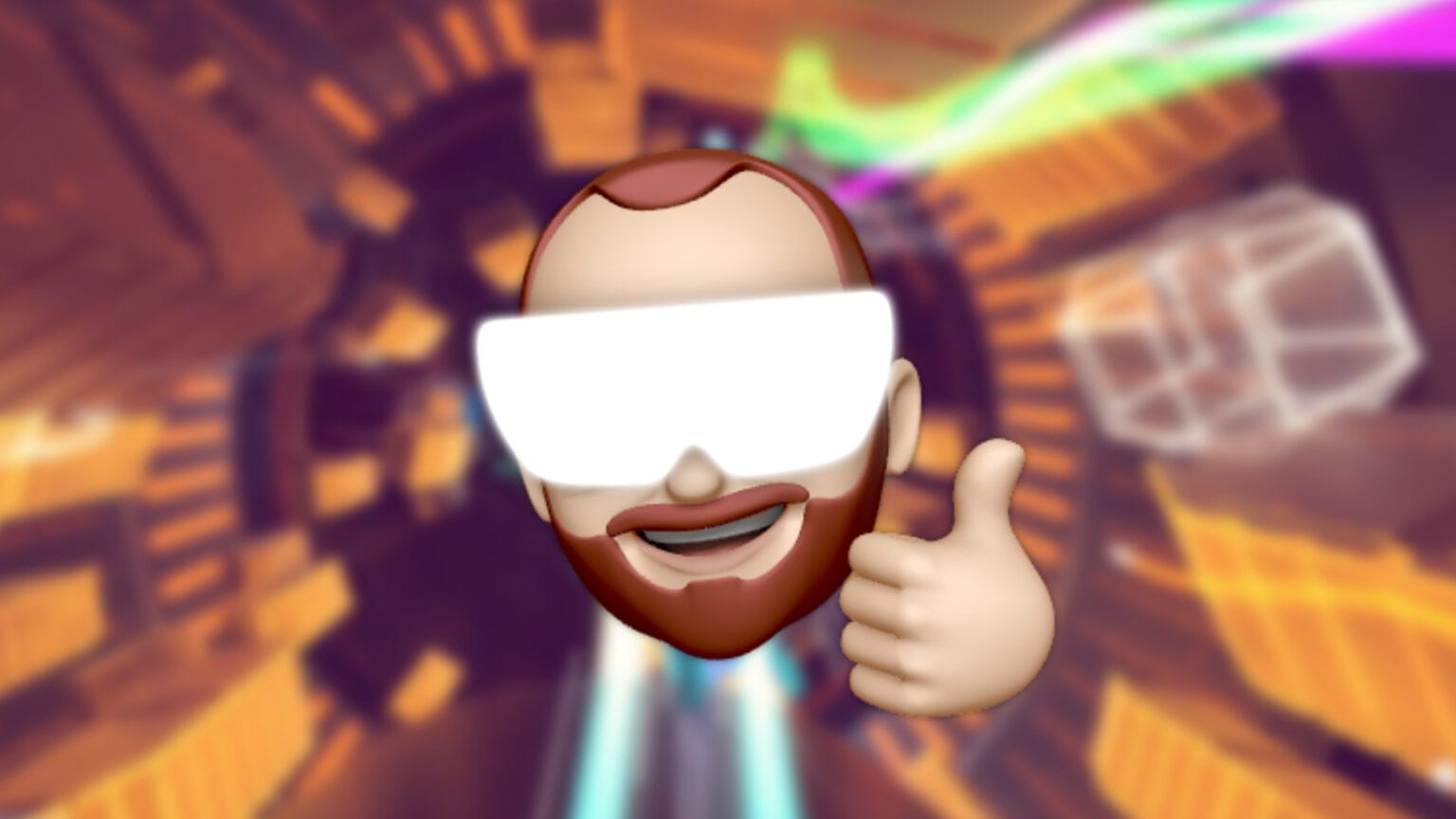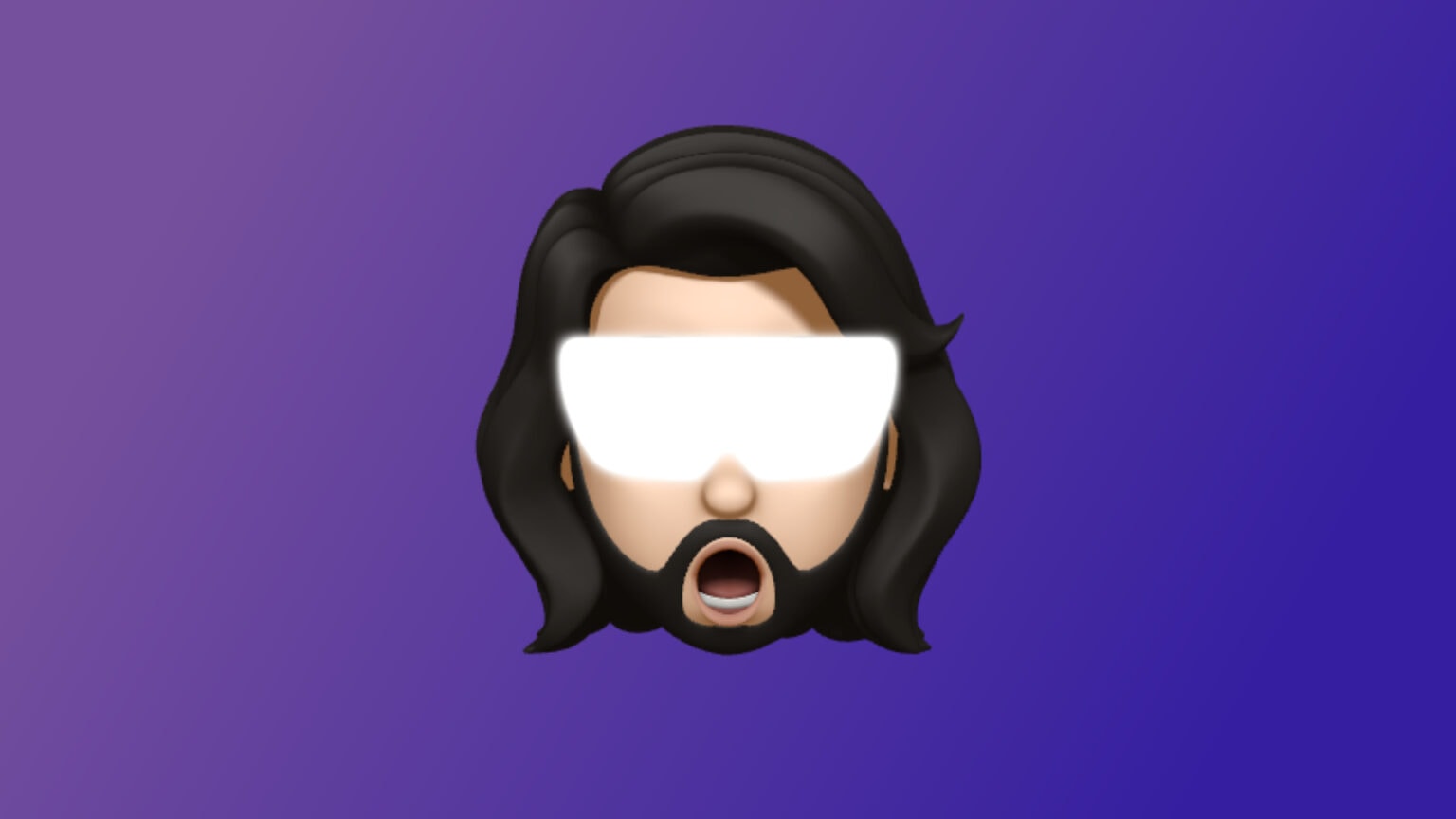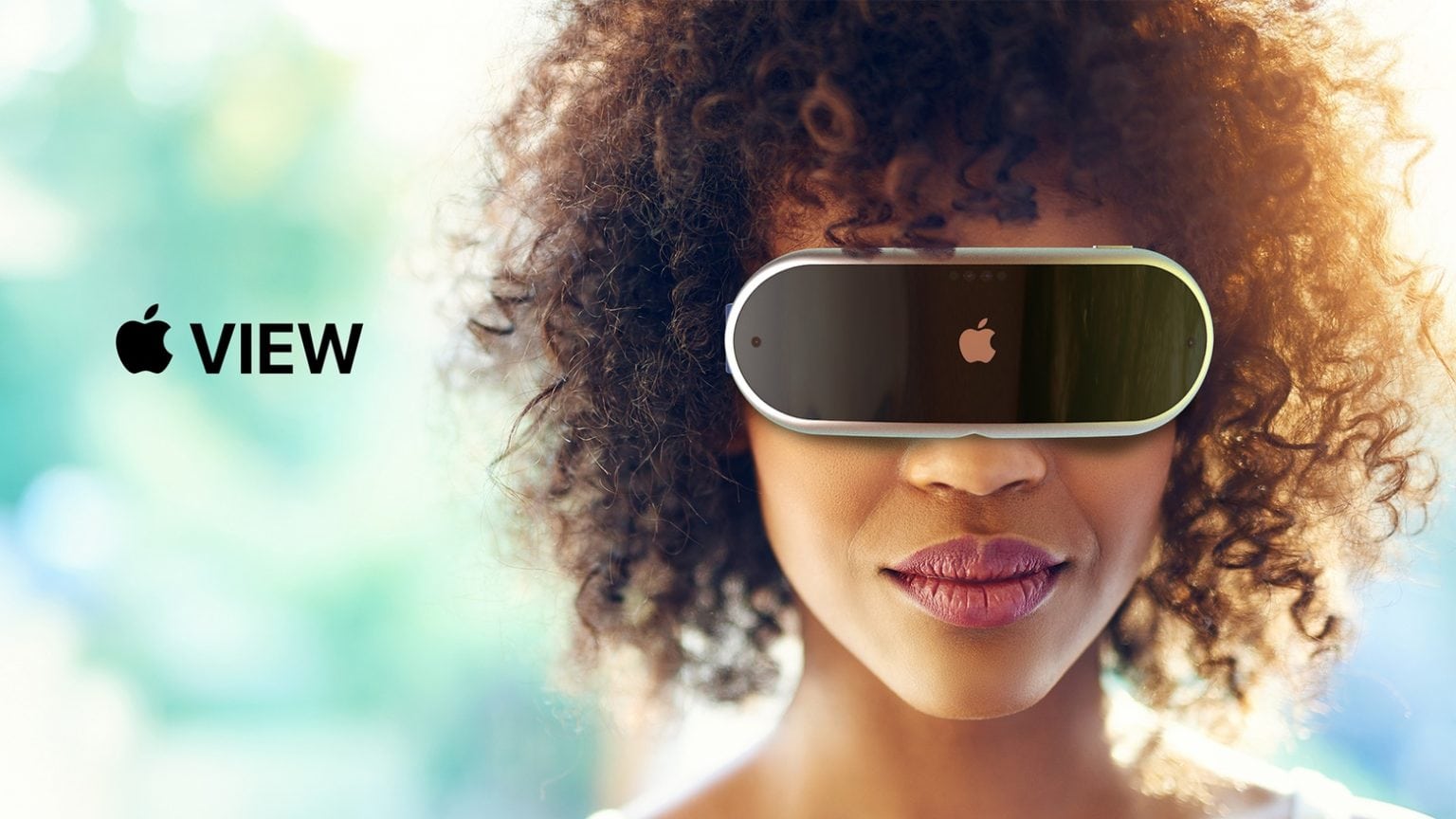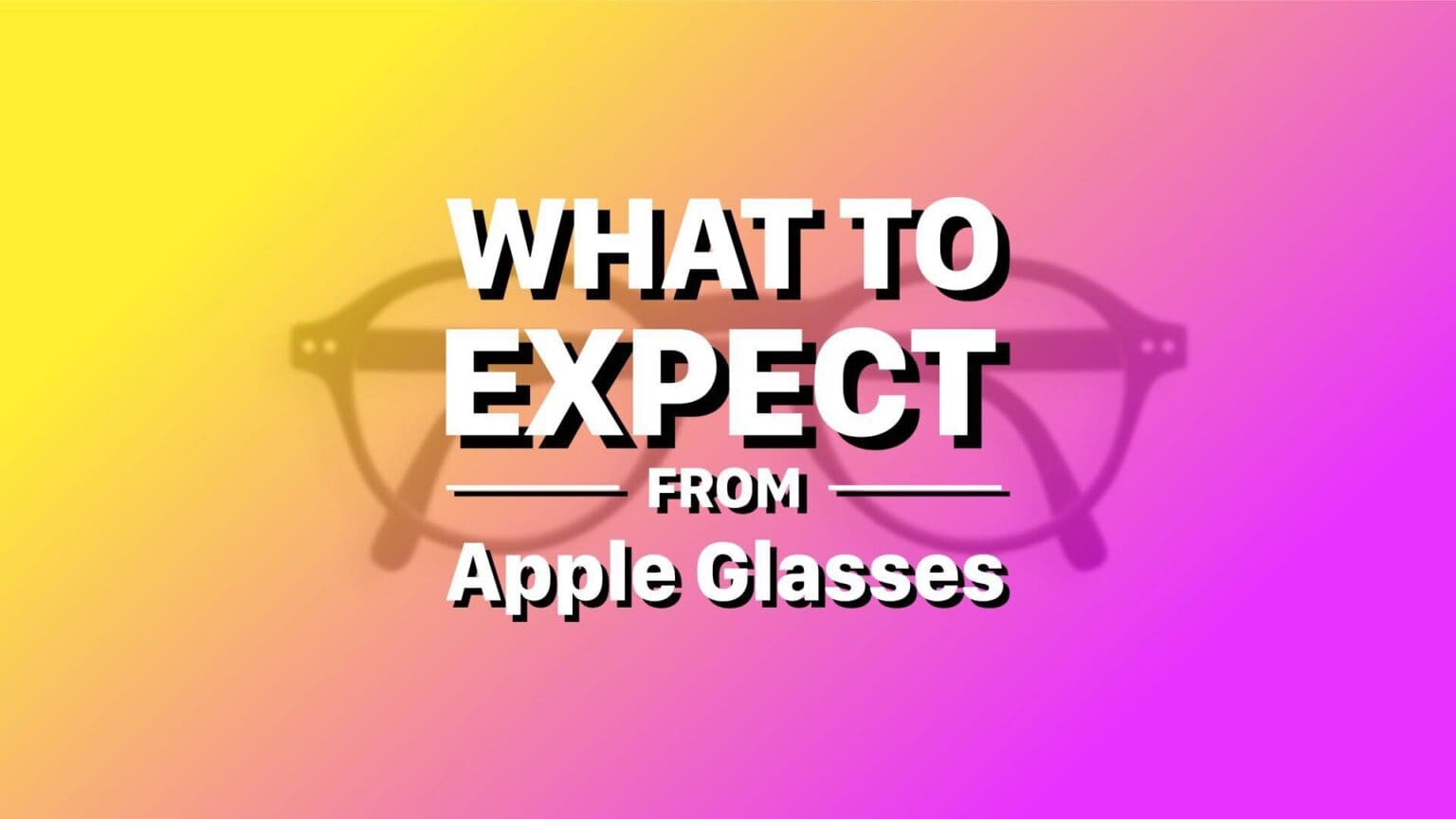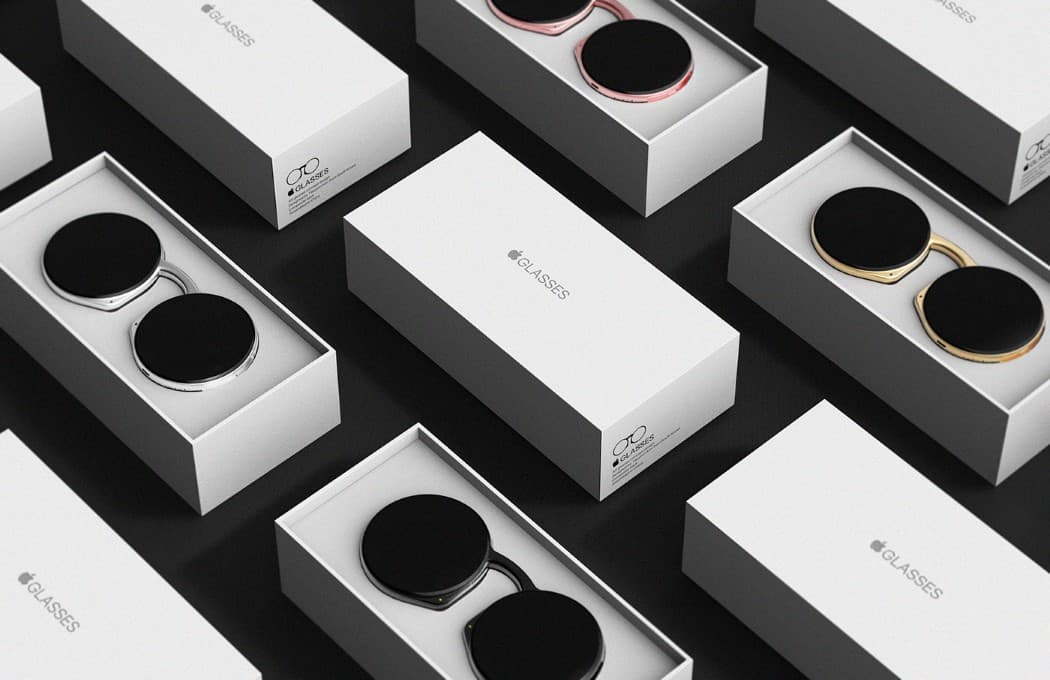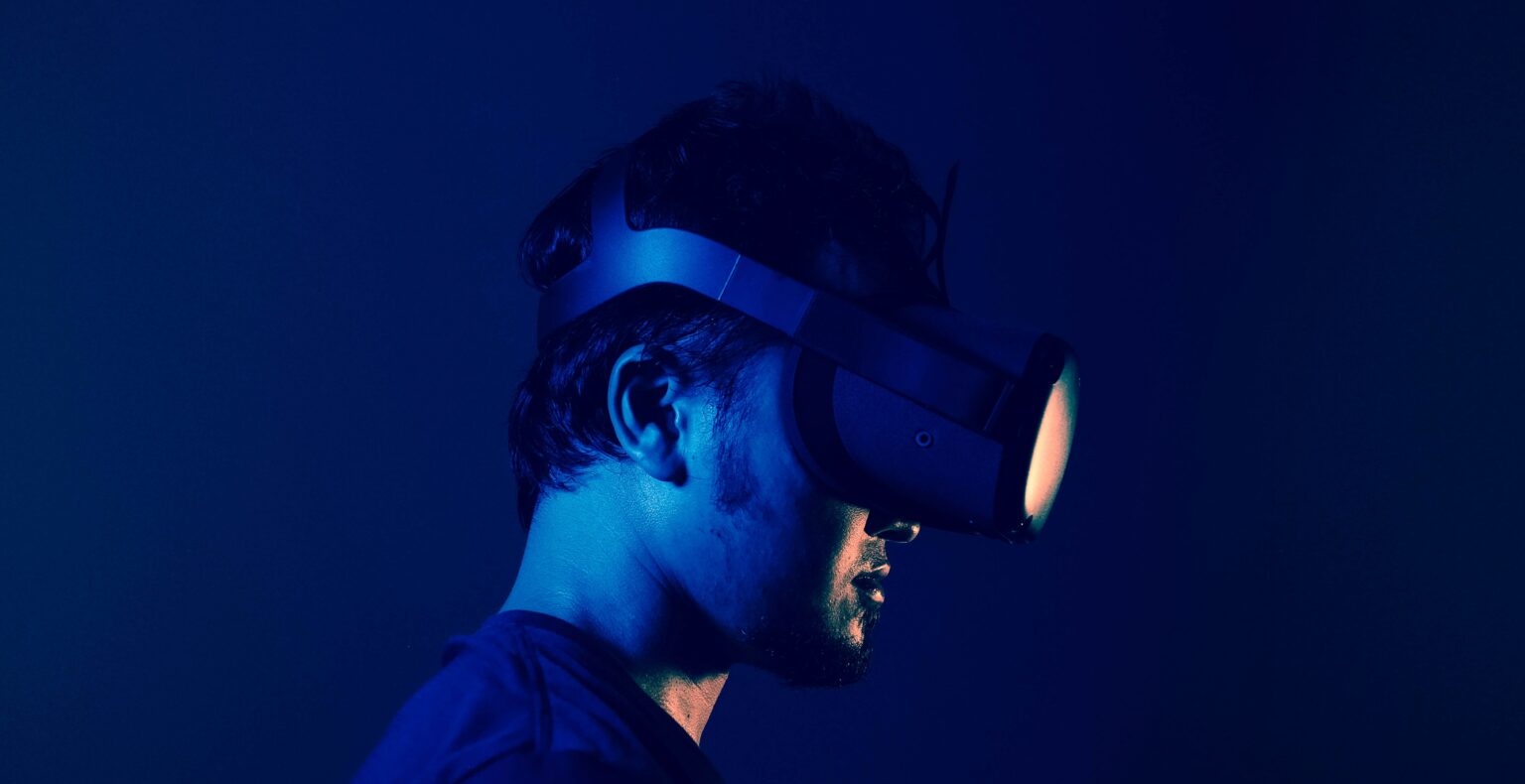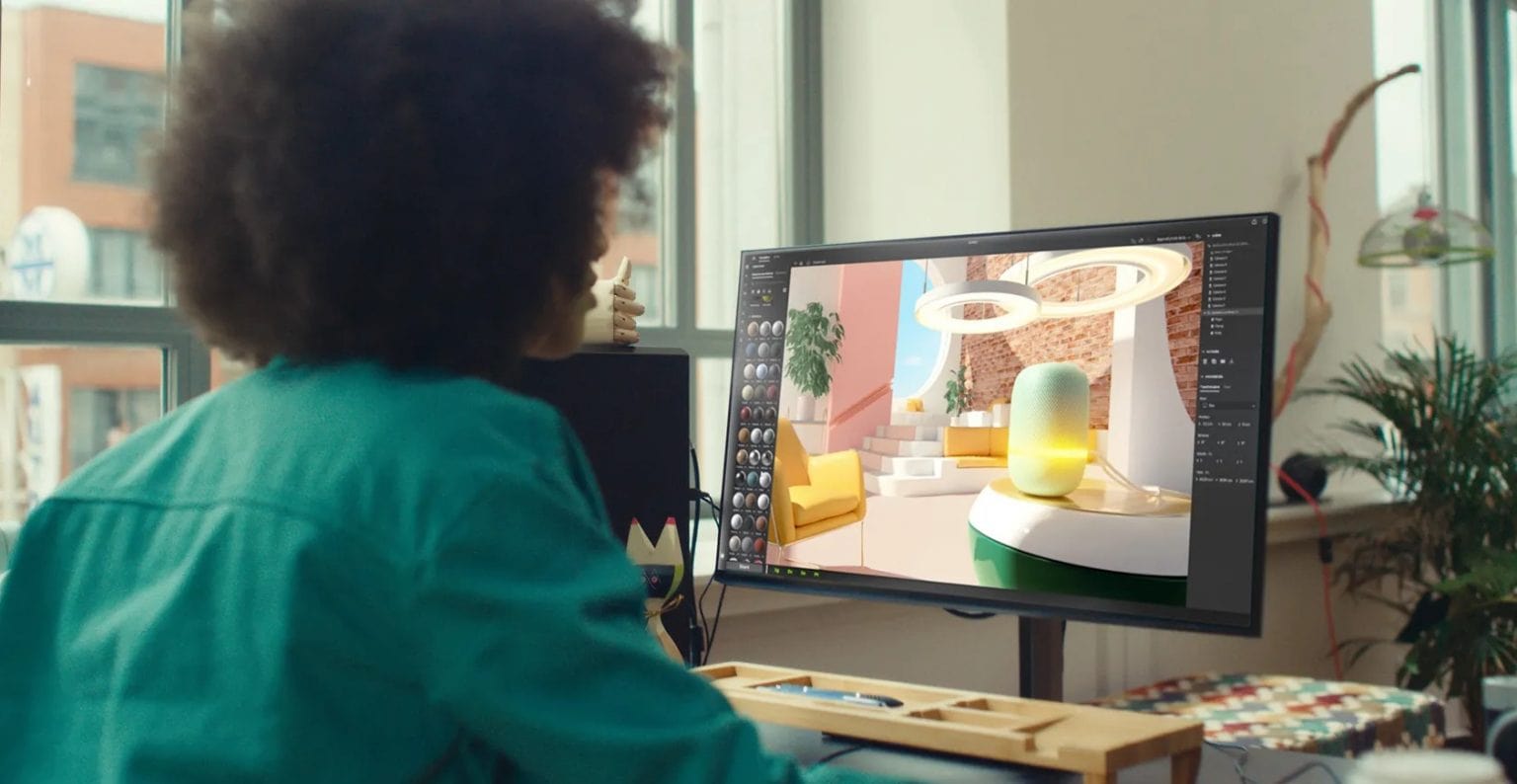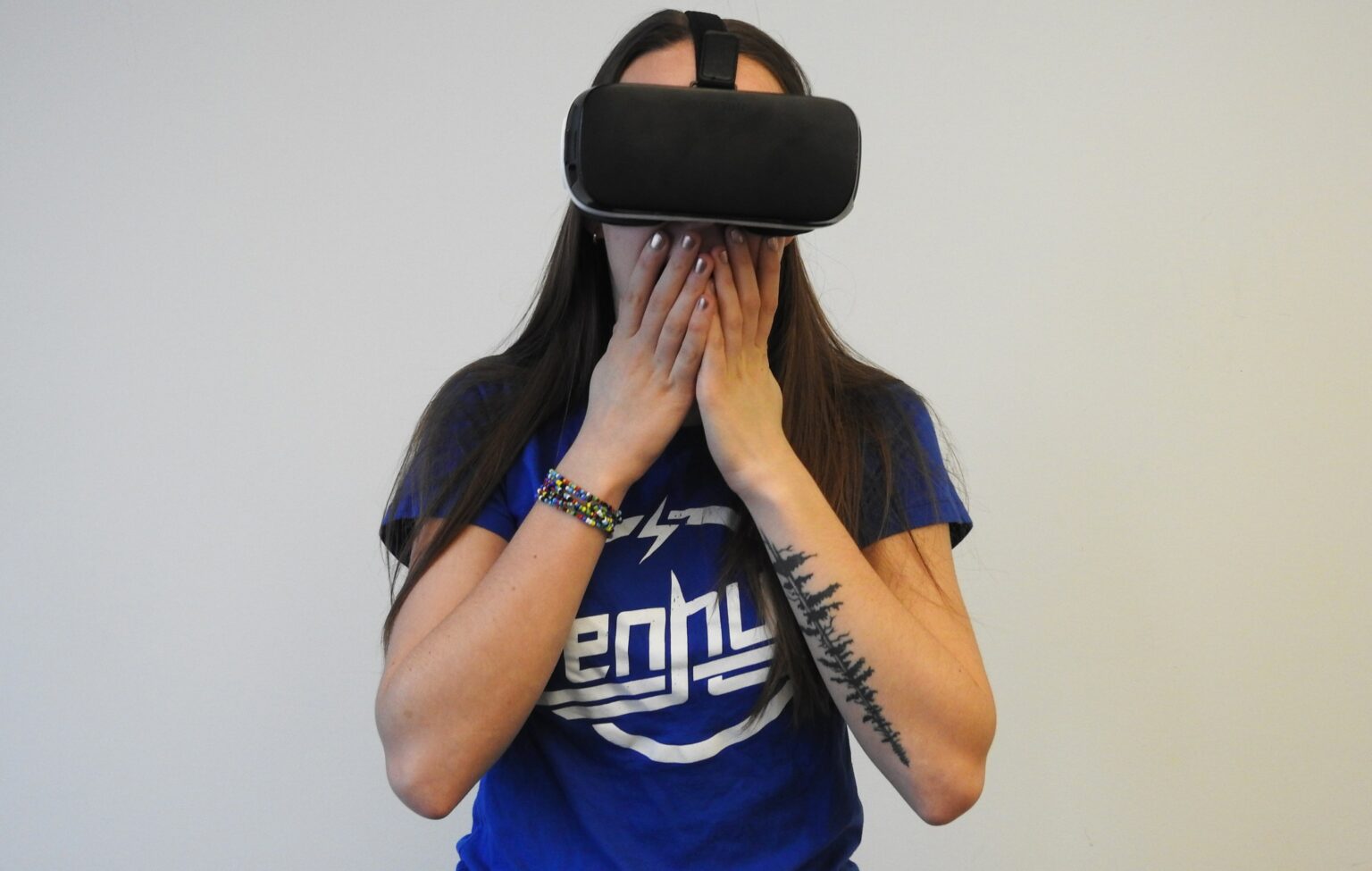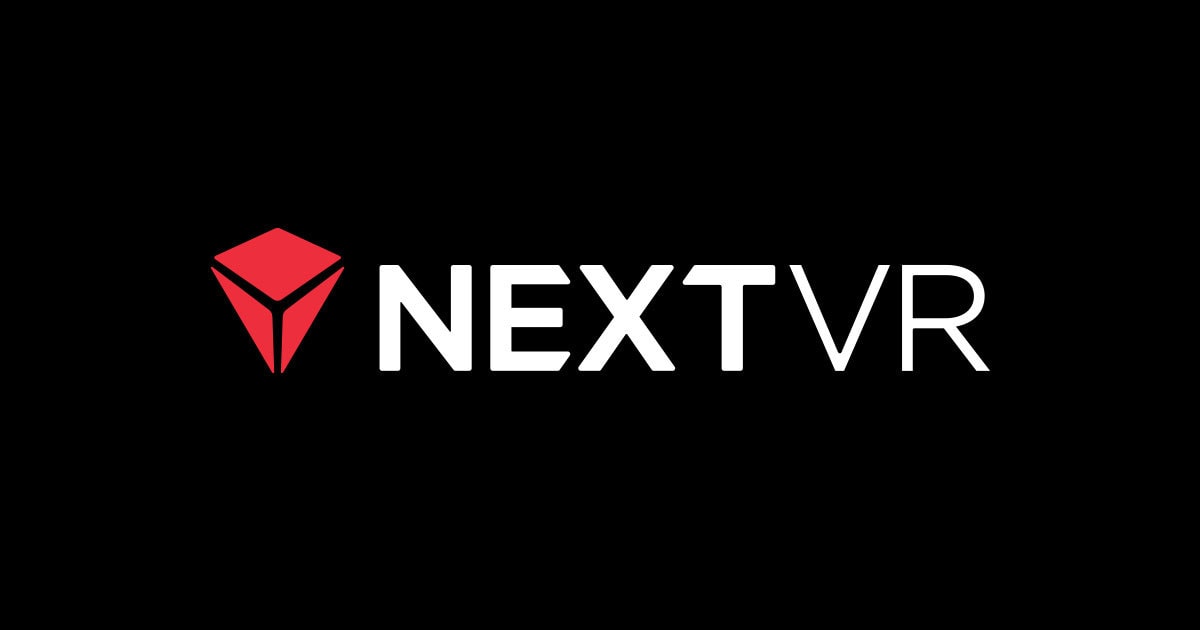Anyone criticizing Apple Vision Pro as a Meta Quest at seven times the price misses the profound difference between the two headsets. Apple made an augmented reality device, while Meta focused on virtual reality.
And the basic distinction between the two is that AR is the future of computing while VR will always be much more limited.
Both Apple and Meta seem to realize this, which is why their devices support AR and VR. The difference comes down to which one the rivals focus on, and that’s where Apple has the advantage.
